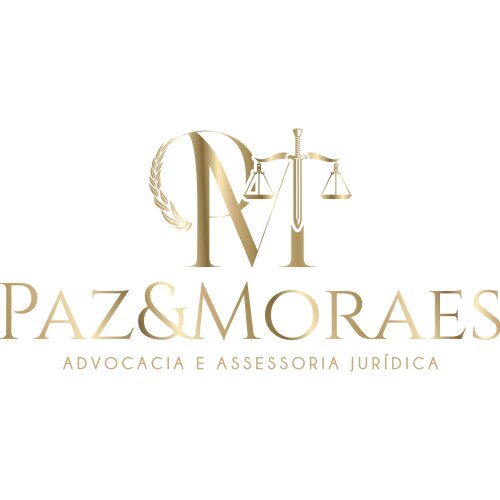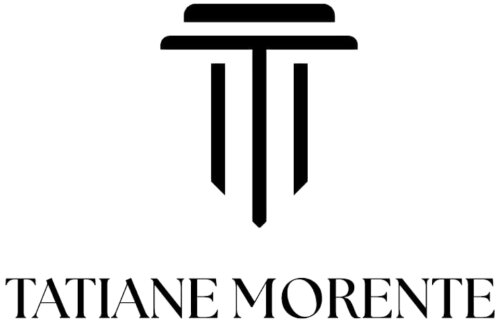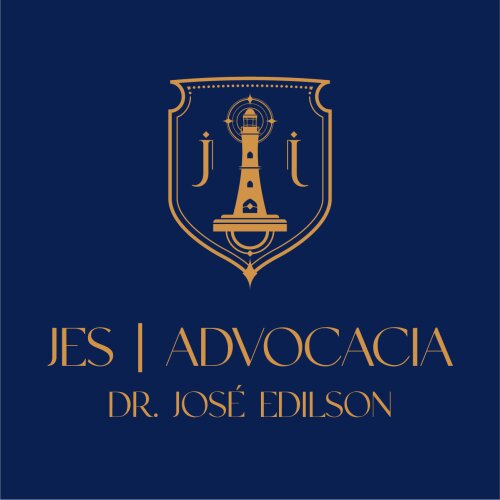Best Domestic Violence Lawyers in Brazil
Share your needs with us, get contacted by law firms.
Free. Takes 2 min.
Free Guide to Hiring a Family Lawyer
Or refine your search by selecting a city:
List of the best lawyers in Brazil
About Domestic Violence Law in Brazil
Domestic violence in Brazil is a critical issue that has been addressed through various legal frameworks, most notably the Maria da Penha Law. Introduced in 2006, this law was a significant milestone in protecting victims and punishing offenders. Named after Maria da Penha Maia Fernandes, a woman who became a symbol in the fight against domestic violence, the law provides comprehensive measures to prevent violence and support victims. It encompasses physical, psychological, sexual, patrimonial, and moral violence, aiming to protect individuals from all forms of abuse within a domestic setting.
Why You May Need a Lawyer
There are several situations where individuals might require legal assistance in domestic violence cases in Brazil:
- Filing a Complaint: A lawyer can help victims understand the legal process for filing a complaint and ensure all necessary evidence is properly documented.
- Protection Orders: Obtaining a restraining or protection order can be complex, and legal guidance is often necessary to navigate the system efficiently.
- Representation in Court: If the case goes to trial, having a lawyer can be crucial to represent the victim's interests and ensure their voice is heard.
- Seeking Reparations: Victims may seek reparations or damages, and legal advice can help in understanding and pursuing these claims.
- Children's Custody: Domestic violence cases often involve child custody issues, where a lawyer can advocate for the safety and best interests of the children.
Local Laws Overview
The Maria da Penha Law is the cornerstone of domestic violence legislation in Brazil. It is designed to punish aggressors and support victims by implementing various mechanisms:
- Protective Measures: These include removing the aggressor from the home and prohibiting contact with the victim and witnesses.
- Specialized Courts: Domestic violence cases are often directed to specialized courts with trained professionals to handle such sensitive issues.
- Assistance Services: The law mandates that victims are provided with access to a range of assistance services, including legal, social, psychological, and health support.
- Public Awareness: Increased emphasis on education and public awareness aims to prevent domestic violence and encourage reporting.
Frequently Asked Questions
What constitutes domestic violence under Brazilian law?
Domestic violence includes physical, psychological, sexual, patrimonial, and moral violence within a family or intimate relationship, regardless of the physical location where it occurs.
How can I file a complaint of domestic violence?
Complaints can be filed at a police station, preferably one specialized in supporting women (Delegacia da Mulher), or by calling emergency services like 180.
What are protective measures available for victims?
Protective measures include removing the aggressor from the home, restricting their contact with the victim, and providing police protection.
How does the law handle cases involving children?
Cases involving children are treated with special consideration, ensuring their safety and emotional well-being are prioritized, often involving child protective services.
Can men also be victims of domestic violence?
Yes, while the law focuses heavily on female victims, men can also be victims of domestic violence and are entitled to protection under the law.
What role do specialized courts play in these cases?
Specialized courts centralize cases of domestic violence to ensure they are handled by professionals trained in dealing with such sensitive matters, providing a more tailored and knowledgeable judicial experience.
How can domestic violence affect immigration status?
Victims of domestic violence, especially those from other countries, should seek legal advice as their legal standing may intertwine with their immigration status, potentially allowing for protections under international agreements.
What kind of support services are available for victims?
Support services include legal aid, psychological counseling, temporary shelter, and financial assistance programs aimed at helping victims regain independence and security.
Are there any specific conducts considered crimes under this law?
Yes, the law explicitly criminalizes conducts like threats, stalking, humiliation, and withholding financial resources, in addition to physical violence.
What is the statute of limitations for domestic violence cases?
The statute of limitations can vary depending on the severity of the offense and the specific charges, so legal consultation is advisable for precise guidance.
Additional Resources
Below are some resources and organizations offering support and legal advice for domestic violence victims in Brazil:
- Ligue 180: A hotline providing information and guidance for women in abusive situations.
- Centro de Referência de Atendimento à Mulher: Centers providing multidisciplinary support including psychological, social, and legal assistance.
- Public Defender's Office (Defensoria Pública): Offers free legal aid for those who qualify, including representation in domestic violence cases.
- NGOs: Organizations like Associação de Mulheres Brasileiras and others work to support domestic violence victims at various levels.
Next Steps
If you or someone you know is a victim of domestic violence in Brazil and needs legal assistance, consider taking the following steps:
- Contact Authorities: Reach out to local authorities or dedicated hotlines like 180 for immediate support and to report the incident.
- Seek Legal Advice: Consider consulting with a lawyer specialized in domestic violence cases to understand your rights and options.
- Access Support Services: Utilize available resources for psychological, legal, and social support to aid in recovery and protection.
- Document Evidence: Keep detailed records of incidents, including dates, times, and any other relevant information that can assist in legal proceedings.
- Build a Support Network: Connect with organizations, counselors, and support groups that can provide ongoing assistance and encouragement.
Lawzana helps you find the best lawyers and law firms in Brazil through a curated and pre-screened list of qualified legal professionals. Our platform offers rankings and detailed profiles of attorneys and law firms, allowing you to compare based on practice areas, including Domestic Violence, experience, and client feedback.
Each profile includes a description of the firm's areas of practice, client reviews, team members and partners, year of establishment, spoken languages, office locations, contact information, social media presence, and any published articles or resources. Most firms on our platform speak English and are experienced in both local and international legal matters.
Get a quote from top-rated law firms in Brazil — quickly, securely, and without unnecessary hassle.
Disclaimer:
The information provided on this page is for general informational purposes only and does not constitute legal advice. While we strive to ensure the accuracy and relevance of the content, legal information may change over time, and interpretations of the law can vary. You should always consult with a qualified legal professional for advice specific to your situation.
We disclaim all liability for actions taken or not taken based on the content of this page. If you believe any information is incorrect or outdated, please contact us, and we will review and update it where appropriate.
Browse domestic violence law firms by city in Brazil
Refine your search by selecting a city.
















